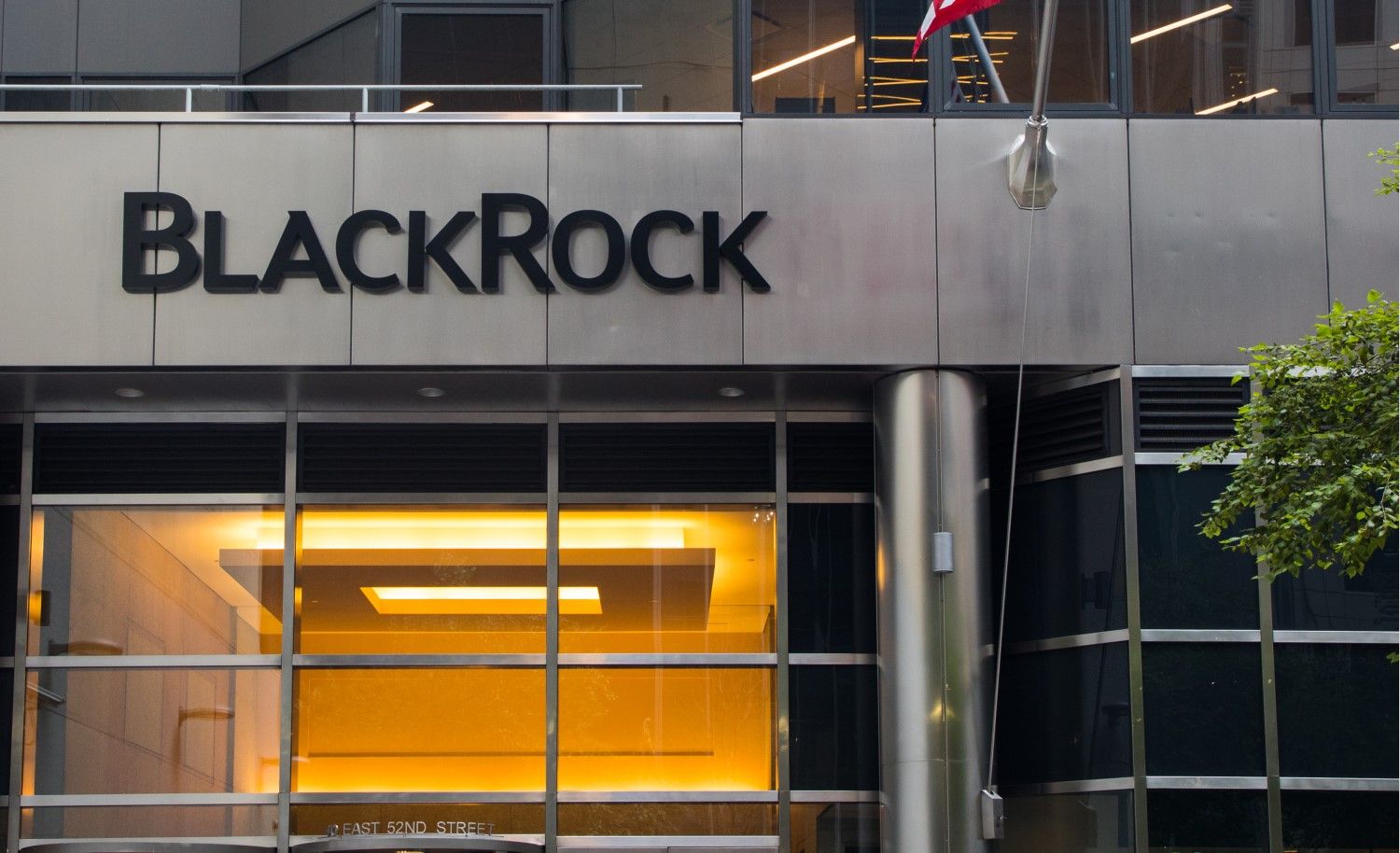
BlackRock is set to integrate blockchain technology into the operations of its notable Treasury Trust fund, which manages around $150 billion in assets. In partnership with BNY Mellon, BlackRock plans to offer a digital share class through a filing with the SEC.
Key Insights:
- BlackRock aims to introduce a digital share variant for its Treasury Trust fund, deploying blockchain technology via BNY Mellon.
- The forthcoming DLT Shares, short for Distributed Ledger Technology, will not contain cryptocurrency. Instead, the shares will utilize blockchain for maintaining accurate ownership records, a stride that may lead to increased adoption of digital assets in traditional finance settings.
- Larry Fink, the CEO of BlackRock, has publicly stressed the significance of tokenization, cautioning that the U.S. might risk losing its financial supremacy if it cannot effectively manage its national debt.
In its latest move, BlackRock is working to modernize the back office functions of its substantial fund by filing intentions to create a digital class of shares for its Treasury Trust money market fund. The digital shares will leverage blockchain to replicate share ownership records, marking a gradual progress toward the broader embrace of digital currencies and token-based frameworks in established finance practices.
The liquidity-heavy Treasury Trust Fund of BlackRock has become a critical player in the landscape of asset management, and the DLT share class introduces a minimum investment threshold of $3 million from institutional investors, while subsequent purchases have no minimum restrictions.
Additionally, BlackRock has previously ventured into the world of tokenization through its blockchain-focused BUIDL fund, which has recently expanded its reach to include Solana, underscoring its commitment to leveraging new technologies for asset management.
Fink has been a longstanding advocate for the potential of decentralized finance and tokenization. He even hinted that without managing its debt wisely, the U.S. might see a decline in its reserve currency status, urging the need for innovation in the economic arena.
“If the U.S. doesn’t get its debt under control … America risks losing [its reserve currency status] to digital assets like Bitcoin,” states Larry Fink, emphasizing the imperative of adapting to new market realities.
